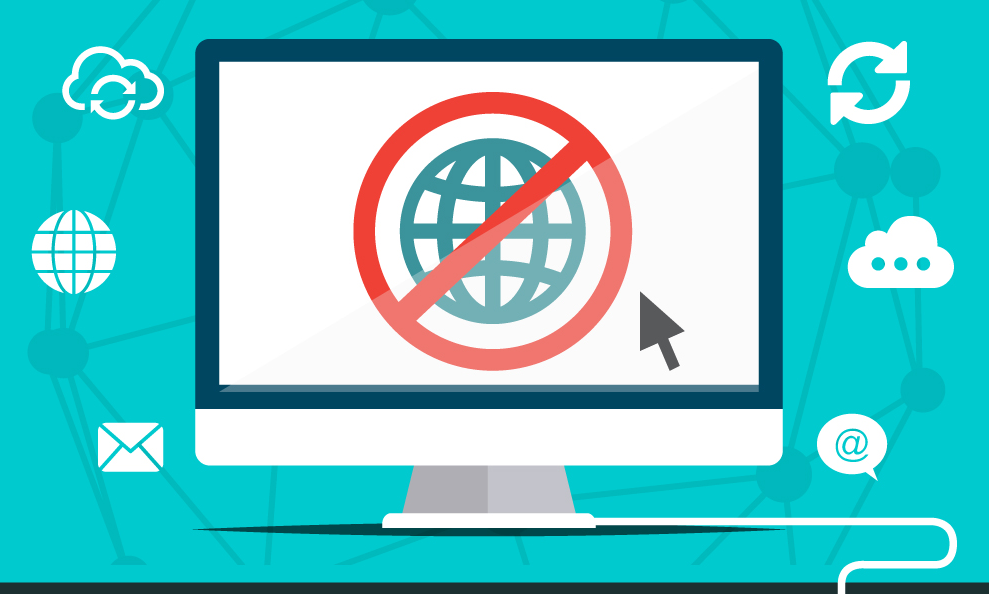The United Nations Human Rights Council passed a resolution on 1st July, 2016, condemning network disruptions and measures resorted by states to curb online access and/or dissemination of information. Moreover, this resolution affirmed that rights in the online sphere, especially the right to freedom of expression requires the same standard of protection as in the offline world. It acknowledged the role of Internet in promoting affordable educational opportunities, called upon the Member States to develop transparent internet policies, and work towards bridging the digital divide, along with the digital gender divide.
This resolution comes at an opportune time where countries all around the world are battling with such restrictions to Internet access. Countries such as Uzbekistan, Iraq, Syria, Egypt, Democratic Republic of Congo, Libya, including India are a few among many parts of the world that have experienced disconnect from internet services in the past. India, has witnessed around 8 reported incidents of disruption of mobile and/or broadband internet services in the first half of 2016 itself. SFLC.in has been keeping a track of such incidents, and it is unfortunate that such extreme measures are being resorted to with increasing frequency. At present, from 2013-2016, we have recorded 30 separate incidents of varying degrees of disruption of Internet services in different regions of India. The most often cited reason for such restrictions, is to prevent the use of social media from spreading messages that may incite anti- social sentiments in a sensitive situation. However, disrupting complete access to filter inappropriate use of social media does not suffice the criteria of reasonableness that requires measures to be necessary and proportionate to the action they seek to prevent. Therefore, a resolution from the United Nations Human Rights Council condemning the use of such extreme measures is a timely acknowledgment of the impact such disruptions have on freedom of expression and the dissemination of information; both aspects being crucial in the functioning of a democratic country. We hope that this resolution will provide the necessary impetus to urge the State to formulate transparent policies that protect the open character of the Internet.
For a detailed analysis of legality of internet shutdowns in India, refer here
For our record of Internet shutdowns in India from 2013-2016, refer here


